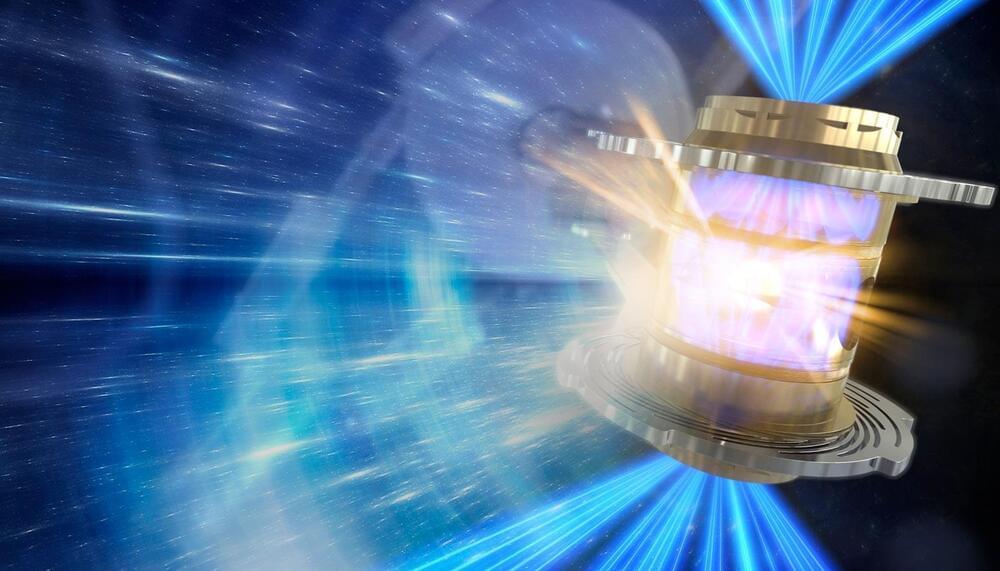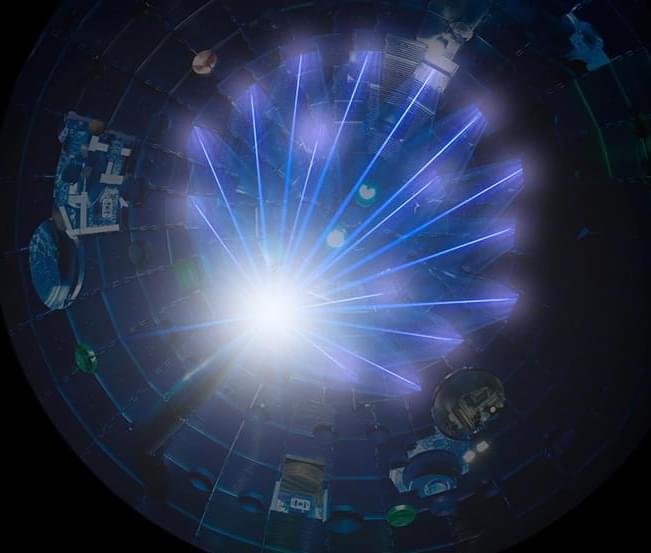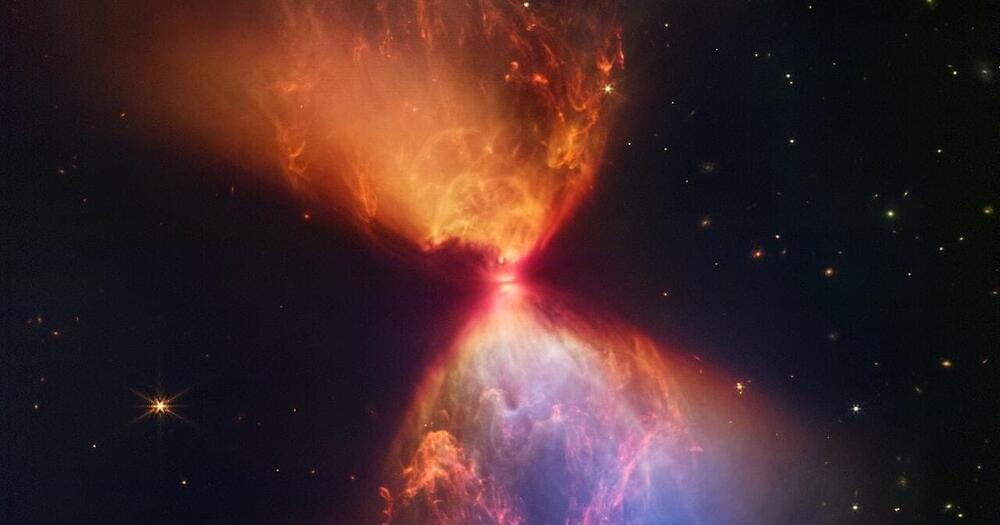Archive for the ‘nuclear energy’ category: Page 45
Nov 29, 2022
Google and Chevron invest in nuclear fusion startup that’s raised $1.2 billion
Posted by Quinn Sena in category: nuclear energy
Google, Chevron and a Japanese investment company have invested in TAE Technologies, a nuclear fusion startup, which has raised $1.2 billion so far.
Nov 28, 2022
Key Discovery for Future Design of Laser–Fusion Energy Reactors
Posted by Shubham Ghosh Roy in categories: nuclear energy, physics
Work, conducted at Lawrence Livermore National Laboratory and featured in Nature Physics, shows that ions behave differently in fusion reactions than previously expected. Credit: John Jett and Jake Long/LLNL
Ions behave differently in fusion reactions than previously expected, according to new findings by scientists at Lawrence Livermore National Laboratory (LLNL). This discovery provides crucial insights for the future design of a laser–fusion energy source.
The findings, entitled “Evidence for suprathermal ion distribution in burning plasmas,” were featured in a new paper published in the November 14 issue of Nature Physics.
Nov 28, 2022
China Could Set Up ‘Moon Base’ By 2028; Lunar Station Likely To Be Powered By Nuclear Energy
Posted by Alberto Lao in categories: nuclear energy, space
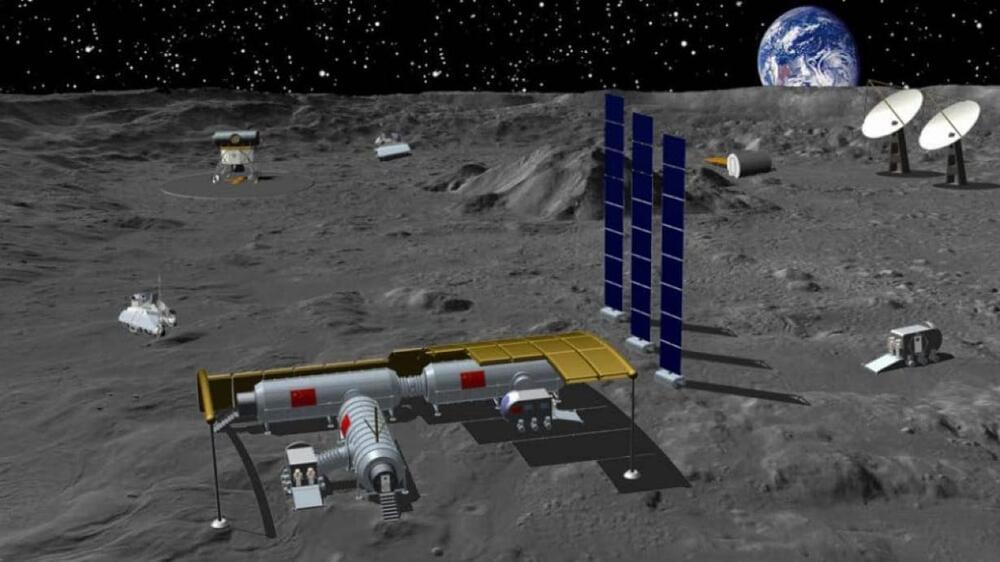
https://youtube.com/watch?v=ui2NftuINZE
The rover is expected to be larger than the two China-operated rovers on the Moon earlier. Wu claimed that nuclear energy could also be used to power the hopper, a machine intended to lift off from the lunar surface numerous times and bounce in and out of a crater’s constantly shadowed section in search of water.
Nuclear energy will support the station’s communications facilities to maintain communication with Earth and power the station’s communications systems. It will also stay connected to the Earth and relay signals between the Earth, Mars, and deep space. China has also announced its desire to explore deep space.
Nov 28, 2022
High-Laser-Energy Shot Puts NIF Back on Track Toward Ignition
Posted by Omuterema Akhahenda in categories: nuclear energy, physics, security
Someone else posted about this, but this is from LLNL. I love what they do, and Twitter reminded me of the many Photonics shares I have. This is cool, and Ill post more links.
November 7, 2022
A record high-laser-energy NIF target shot on Sept. 19 produced about 1.2 million joules of fusion energy yield. Compared with the groundbreaking 1.35-megajoule (MJ) experiment of Aug. 8, 2021, this experiment used higher laser energy and a modified experimental design.
Continue reading “High-Laser-Energy Shot Puts NIF Back on Track Toward Ignition” »
Nov 25, 2022
Fusion energy is one step closer thanks to developments in China, according to Chinese state media
Posted by Gemechu Taye in category: nuclear energy
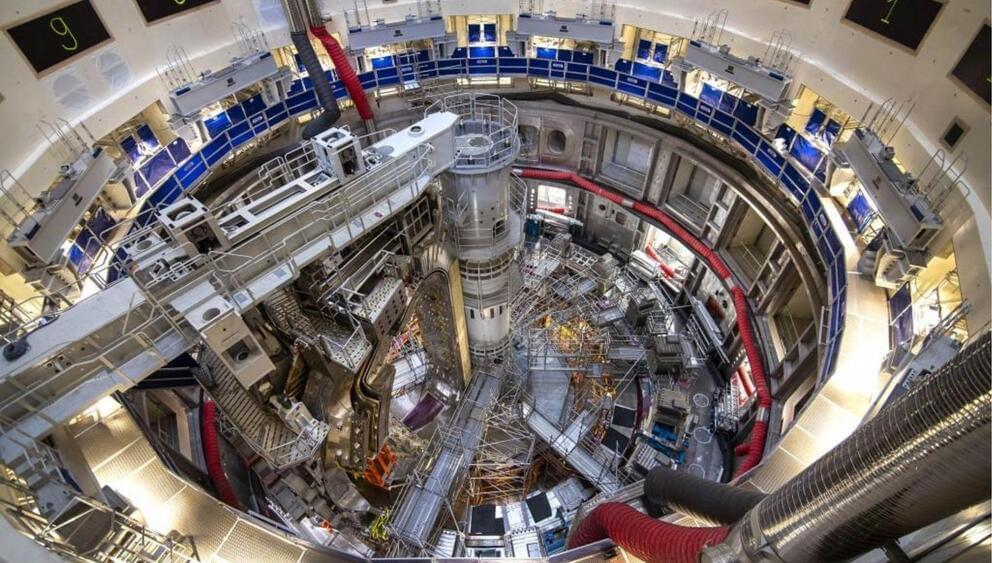
According to state media, Chinese scientists are now in a position to supply critical parts for the planned International Thermonuclear Experimental Reactor project.
According to the south china morning post.
Nov 21, 2022
Russia, U.S. to hold first talks under nuclear treaty since Ukraine war —State Dept
Posted by Gemechu Taye in categories: cybercrime/malcode, existential risks, geopolitics, military, nuclear energy, space travel, treaties
WASHINGTON, Nov 8 (Reuters) — The United States and Russia are expected to meet soon and discuss resuming inspections under the New START nuclear arms reduction treaty that have been paused since before Russia’s invasion of Ukraine, U.S. State Department spokesperson Ned Price said on Tuesday.
Speaking at a daily press briefing, Price said the bilateral consultative commission (BCC), the mechanism for implementation of the last remaining arms control agreement between the world’s two largest nuclear powers, will meet “in the near future.”
Russia in August suspended cooperation with inspections under the treaty, blaming travel restrictions imposed by Washington and its allies over Moscow’s February invasion of Ukraine, but said it was still committed to complying with the provisions of the treaty.
Nov 19, 2022
Why This Breakthrough AI Now Runs A Nuclear Fusion Reactor | New AI Supercomputer
Posted by Kelvin Dafiaghor in categories: information science, nuclear energy, robotics/AI, supercomputing
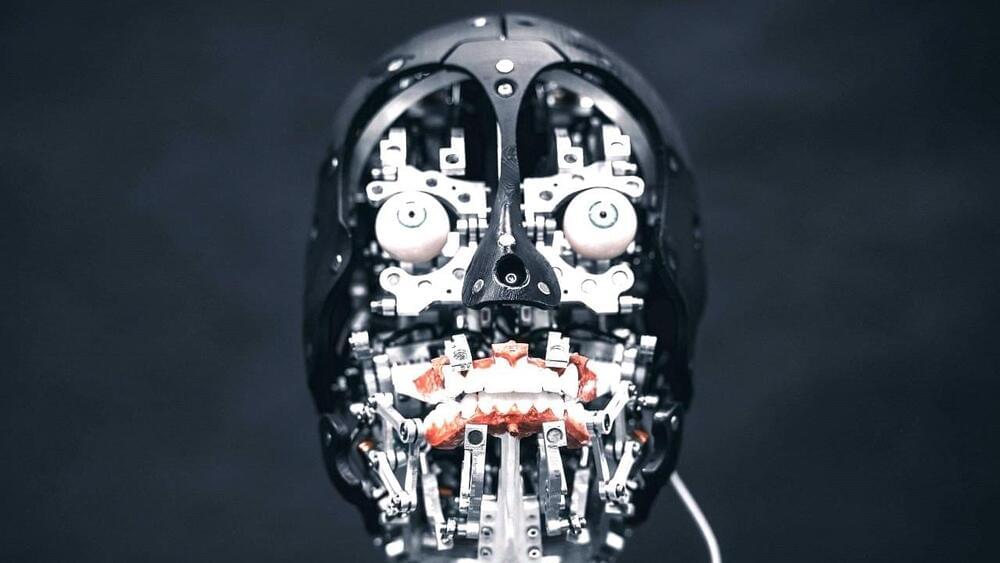
Deep Learning AI Specialization: https://imp.i384100.net/GET-STARTED
Nuclear fusion researchers have created a machine learning AI algorithm to detect and track the existence of plasma blobs that build up inside the tokamak for prediction of plasma disruption, the diagnosis of plasma using spectroscopy and tomography, and the tracking of turbulence inside of the fusion reactor. New AI supercomputer with over 13.5 million processor cores and over 1 exaflop of compute power made be Cerebras. A new study reveals an innovative neuro-computational model of the human brain which could lead to the creation of conscious AI or artificial general intelligence (AGI).
AI News Timestamps:
0:00 Breakthrough AI Runs A Nuclear Fusion Reactor.
3:07 New AI Supercomputer.
6:19 New Brain Model For Conscious AI
#ai #ml #nuclear
Nov 18, 2022
Latest Webb image shows what our Sun looked like as a baby protostar
Posted by Atanas Atanasov in categories: nuclear energy, space
Webb’s NIRCam instrument recently captured this detailed image of the cloudy region around a very young protostar called L1527. Only about 100,000 years old, L1527 isn’t a star yet: it hasn’t fully pulled itself into a proper, stable sphere, and it hasn’t piled on enough mass to kickstart nuclear fusion and start pumping out its own energy. It’s more like “a small, hot, and puffy clump of gas, somewhere between 20 percent and 40 percent the mass of our Sun,” according to the European Space Agency.
But as the latest Webb photos reveal, the young protostar is making an ambitious start.
Nov 15, 2022
Why Nuclear Fusion is Closer Than You Think
Posted by Kelvin Dafiaghor in categories: futurism, nuclear energy
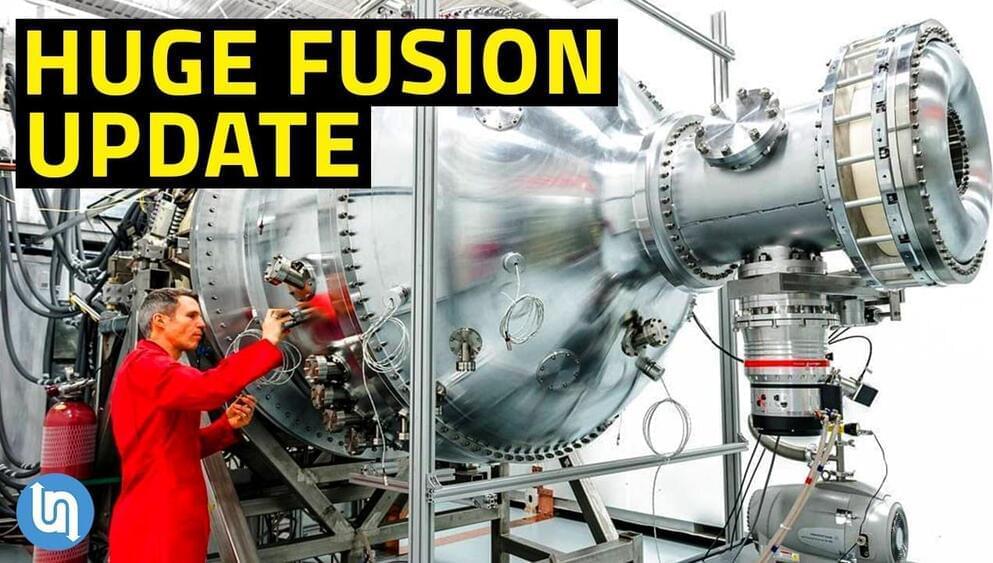
Why nuclear fusion may be the future of energy. Visit https://brilliant.org/undecided to sign up for free. And also, the first 200 people will get 20% off their annual premium membership. Fusion energy is considered by many as the holy grail for supplying all of our clean electricity needs. However, the old joke is that nuclear fusion is always 30 years away, no matter what advances or promises are made. But now there are several privately funded startups that are accelerating nuclear fusion development with the ultimate goal of commercializing electricity production much sooner than you might think possible. There’s a lot of interesting developments and news around these companies to sift through. What makes each of these companies’ fusion promises unique compared to what’s come before? And will they finally break that 30 year curse?
Watch The Future of Solid State Wind Energy — No More Blades https://youtu.be/nNp21zTeCDc?list=PLnTSM-ORSgi4dFnLD9622FK77atWtQVv7
Continue reading “Why Nuclear Fusion is Closer Than You Think” »


